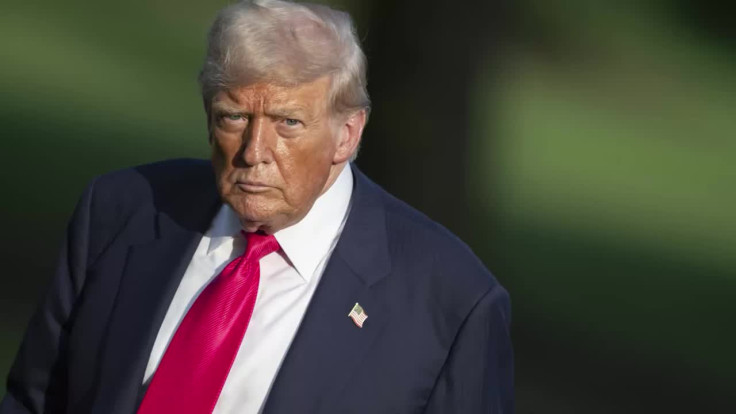
Two of the three Iranian nuclear sites targeted by the U.S. in June could resume enrichment in a matter of months if authorities decided to, according to a new assessment by U.S. intelligence agencies.
NBC News reported on Thursday that the briefing was given to some U.S. lawmakers, Defense Department officials and allied countries in recent days. U.S. officials believe that Fordow, the site buried deep inside a mountain, has been badly damaged and its enrichment capabilities set back by as much as two years. Some areas at Natanz and Isfahan were too deep to be reached even by the country's "bunker buster" bombs.
The outlet noted that the assessment is a snapshot and that intelligence-gathering on the matter is expected to continue for months, meaning that the conclusion could change over time. In fact, the latest evaluation shows more damage than previously thought.
The White House rejected the report, with spokeswoman Anna Kelly telling the outlet that "Operation Midnight Hammer totally obliterated Iran's nuclear capabilities."
Chief Pentagon spokesman Sean Parnell was more blunt, criticizing the outlet and saying the credibility of media is "destroyed, in the dirt, and will take years to recover."
"President Trump was clear and the American people understand: Iran's nuclear facilities in Fordow, Isfahan, and Natanz were completely and totally obliterated. There is no doubt about that," Parnell added.
The outlet added that Trump was also presented with a more comprehensive strike plan, which would take weeks, but he rejected it as he believed it would drag the U.S. further into the conflict.
Israel has also reportedly concluded that some of Iran's enriched uranium survived the strikes and could be accessed by nuclear engineers. However, officials added they are not worried about the possibility because they are monitoring the areas and are prepared to conduct new strikes if they believe Iran decides to go back to enriching uranium.
Trump has echoed the message, saying at the nuclear summit at The Hague that the U.S.'s "achievement can continue indefinitely if Iran does not get access to nuclear material, which it won't."
Citing a senior Israeli officer, The New York times detailed last week that the country decided to strike its largest enemy after determining it had begun sprinting towards a nuclear bomb as part of a secret project.
The activity began to intensify after Israel killed Hezbollah leader Hassan Nasrallah in Lebanon in an airstrike that also wiped out most of the Iran-backed group's leadership. Then, Israeli Prime Minister Benjamin Netanyahu concluded that Israel would attack Iran with or without the help of the U.S. However, officials did share its intelligence with its most important ally.
© 2025 Latin Times. All rights reserved. Do not reproduce without permission.





